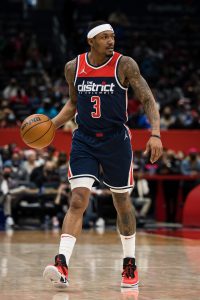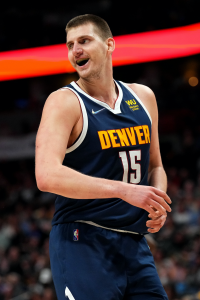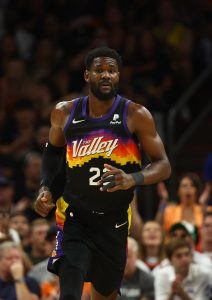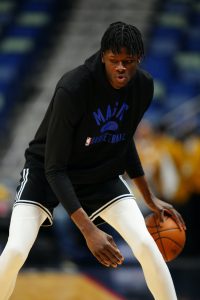The rate of the contract agreements reported on the second day of the NBA’s free agent period slowed down a little after a fast-paced first day on Thursday. Still, we saw another 20-plus free agents come off the board, including one who became the second free agent to receive a maximum-salary commitment this summer.
[RELATED: 2022 NBA Free Agent Tracker]
It was also an eventful day in non-free agent NBA news, with a three-time Defensive Player of the Year headlining a blockbuster trade agreement and a former No. 1 overall pick nearing a maximum-salary contract extension.
Listed below are the highlights from around the NBA on Friday.
Free agent agreements:
These deals aren’t yet official, so the reported terms could change — or agreements could fall through altogether. Generally speaking though, teams and players are on track to finalize these agreements sometime after the moratorium ends on July 6.
Note: Some of these salary figures may include options, incentives, or non-guaranteed money.
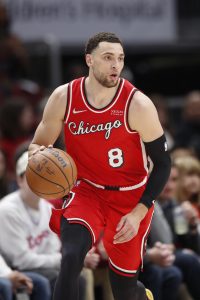 Zach LaVine, Bulls agree to five-year, $215.16MM (maximum-salary) contract.
Zach LaVine, Bulls agree to five-year, $215.16MM (maximum-salary) contract.- Jusuf Nurkic, Trail Blazers agree to four-year, $70MM contract.
- Mitchell Robinson, Knicks agree to four-year, $60MM contract.
- Kevon Looney, Warriors agree to three-year, $25.5MM contract.
- Ricky Rubio, Cavaliers agree to three-year, $18.4MM contract.
- John Wall, Clippers agree to two-year, $13.2MM contract.
- Bruce Brown, Nuggets agree to two-year, $13MM contract.
- Danilo Gallinari, Celtics agree to two-year, $13MM contract.
- Jalen Smith, Pacers agree to two-year, $9.6MM contract.
- Donte DiVincenzo, Warriors agree to two-year, $9.3MM contract.
- Derrick Jones, Bulls agree to two-year, $6.6MM contract.
- Bryn Forbes, Timberwolves agree to one-year, minimum-salary contract.
- Aaron Holiday, Hawks agree to one-year, minimum-salary contract.
- Damion Lee, Suns agree to one-year, minimum-salary contract.
- Robin Lopez, Cavaliers agree to one-year, minimum-salary contract.
- Raul Neto, Cavaliers agree to one-year, minimum-salary contract.
- Bol Bol, Magic agree to two-year contract.
- Luke Kornet, Celtics agree to two-year contract.
- Otto Porter, Raptors agree to two-year contract.
- Drew Eubanks, Trail Blazers agree to one-year contract.
- Theo Pinson, Mavericks agree to one-year contract.
Trades:
- Jazz agree to trade Rudy Gobert to Timberwolves for five players, four first-round picks (three unprotected), and a pick swap.
- Pacers agree to trade Malcolm Brogdon to Celtics for five players – including Daniel Theis and Aaron Nesmith – and a 2023 first-round pick (top-12 protected).
- Hawks agree to trade Kevin Huerter to Kings for Justin Holiday, Maurice Harkless, and a 2024 first-round pick (top-14 protected).
Other news:
- Zion Williamson, Pelicans nearing five-year, maximum-salary rookie scale extension (expected to include protections related to games played and/or injury).
- The Nets are reportedly seeking a “historic haul” for Kevin Durant. Here are the latest rumors.
- Nemanja Bjelica agrees to sign two-year, $4MM contract with Turkish team Fenerbahce.
Previously:
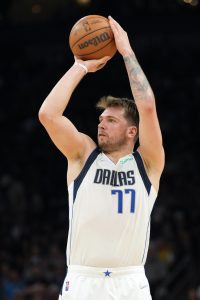 Listed below are the maximum-salary contracts for players signing contracts that start in 2022/23.
Listed below are the maximum-salary contracts for players signing contracts that start in 2022/23.